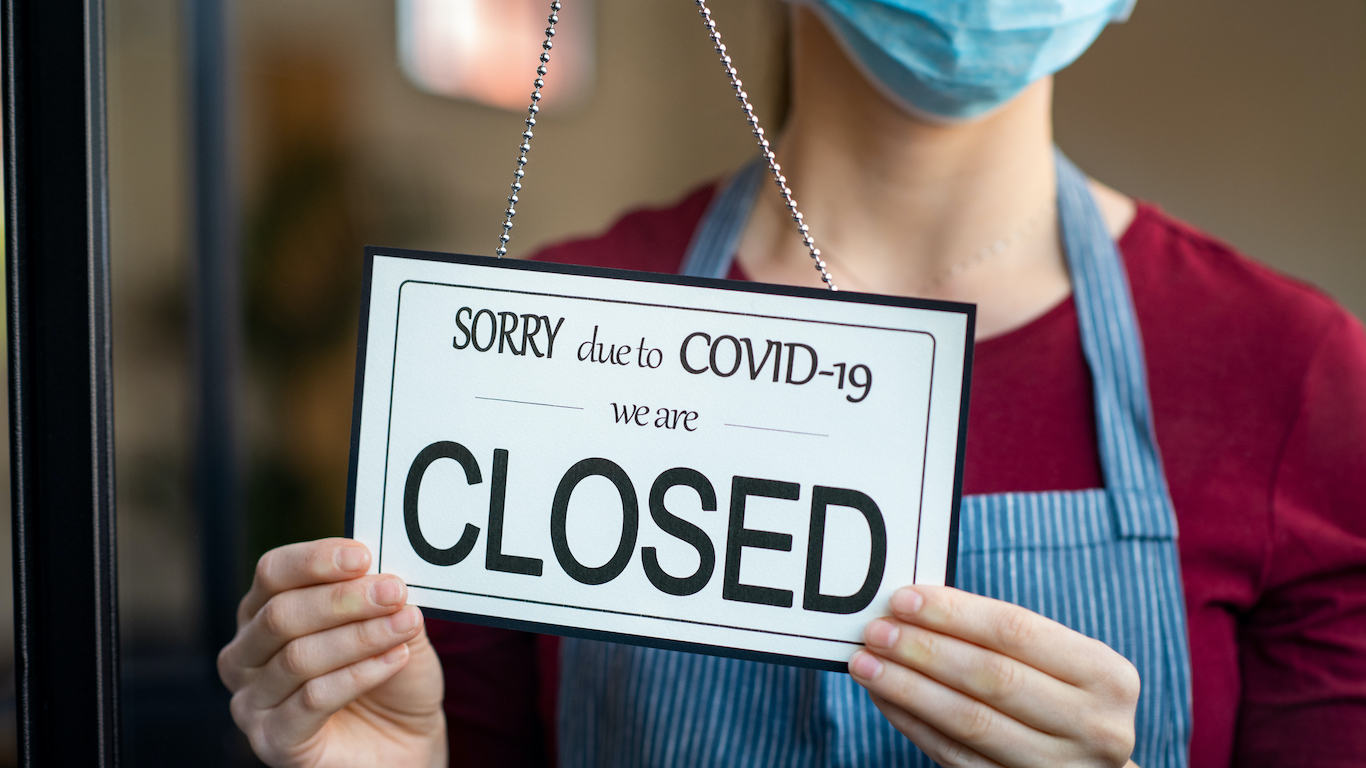Economy
November Small Business Optimism Slides as Owners Fear More Contraction in Economy

Published:

The National Federation of Independent Business (NFIB) Tuesday morning reported that its small business optimism index declined by 2.6 index points month over month in November to 101.4. The index reading remains historically high and is 1.9 points lower than the index score posted in January 2020 and nearly 34 points above the index score in June. The consensus estimate from economists had called for the October index to increase to 102.5.
The percentage of business owners who now expect the economy to improve in the next few months tumbled by 19 percentage points to 8% in November, following a five-point dip in October and a gain of eight points in September. The earnings trend fell by four points from a net negative 3% to a net negative 7% of business owners reporting quarter-over-quarter profits.
Some 24% of small business owners reported raising employees’ pay in the past three months. That’s up by a point on a seasonally adjusted basis compared with October. The percentage of firms planning to raise net compensation rose by two percentage points to 20%.
The NFIB noted that the job creation component rose by three points month over month to 21%, and the job openings component rose by one point to 34%.
NFIB chief economist Bill Dunkelberg noted the massive swings that have battered the U.S. economy since February, saying they occurred “because economic activity was not disrupted by the usual economic forces, but rather by a deadly virus and subsequent government directed shutdown of commerce that was completely unanticipated.”
Dunkelberg also commented on the impact of policies to combat COVID-19 have fallen harder on small businesses: “The share of total employment accounted for by firms with 500 or more workers has risen (vs. 2019) while the share accounted for by small employers has declined …. Amazon has not had to close, but restaurants, gyms, small retailers, etc. have had to close for some periods or operate under heavy traffic restrictions.”
Some 34% of business owners reported job openings they could not fill, up by a point month over month. Nearly half (47%) of business owners who reported hiring or trying to hire workers last month turned up few or no qualified applicants for the available jobs. Net change to employment over the past three months is down 2%.
Last week’s report on the employment situation showed that nonfarm payrolls increased by a mere 245,000 in November, though the official unemployment rate fell to 6.7%. The number of jobs added last month was less than half economists’ consensus estimate.
Job cuts announced in November totaled nearly 65,000, a decline of about 20% month over month. For the year to date, more than 2.23 million job cuts have been announced, more than triple the 592,556 jobs lost in all of 2019.
Start by taking a quick retirement quiz from SmartAsset that will match you with up to 3 financial advisors that serve your area and beyond in 5 minutes, or less.
Each advisor has been vetted by SmartAsset and is held to a fiduciary standard to act in your best interests.
Here’s how it works:
1. Answer SmartAsset advisor match quiz
2. Review your pre-screened matches at your leisure. Check out the advisors’ profiles.
3. Speak with advisors at no cost to you. Have an introductory call on the phone or introduction in person and choose whom to work with in the future
Thank you for reading! Have some feedback for us?
Contact the 24/7 Wall St. editorial team.